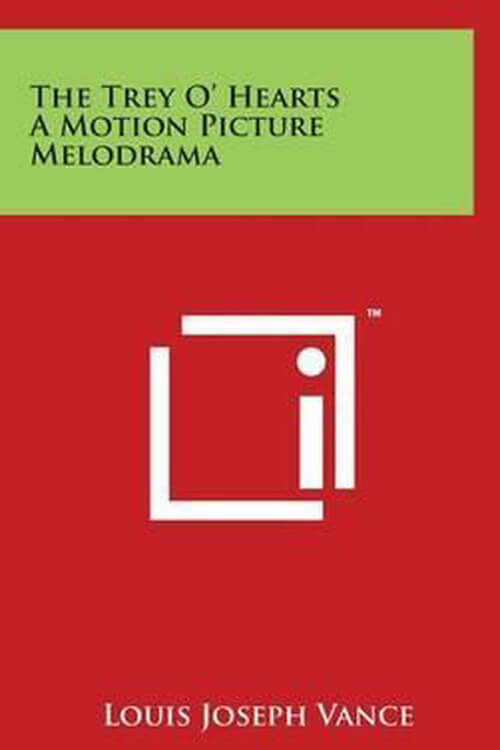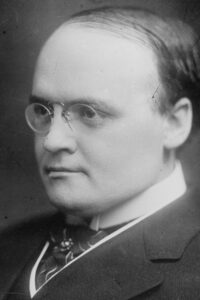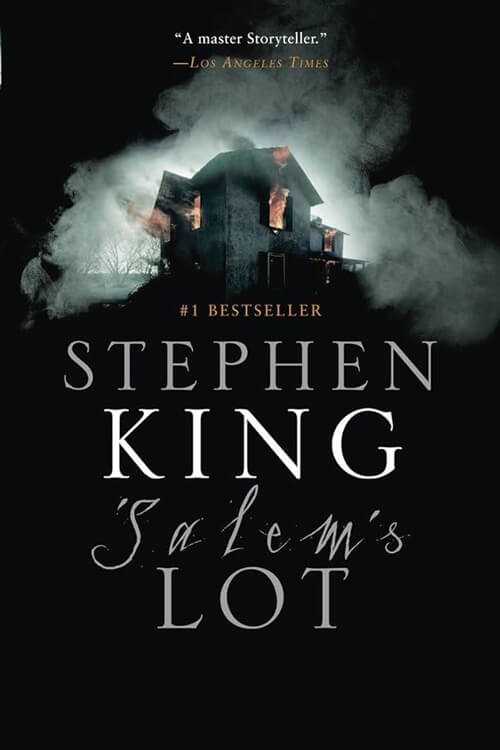
The Trey o’ Hearts
He had every legitimate reason to be bored. He had squeezed the orange of amusement dry and had nothing else to do but be bored. And this was England, this was June, this was his twenty-seventh summer; a combination of circumstances so alluring that with almost any other right-minded man it would have proved resistless.
He was, outwardly, a very ordinary person; that is to say, normally sane and good-looking, well-mannered, well cared for, well dressed. In other respects, his was a singular personality. Since childhood he had worked hard, for no good reason that he could see, at learning his duty (and pleasure) in that state of life into which it had pleased God to call him— but he had yet to earn an honest penny. He was master of a dozen-odd arts and crafts which had thus far rewarded him with nothing but ennui. He possessed and maintained in prime condition the body of an athlete, which served him to no particular end. He knew more about most things, from cabbages to kings, than did ninety-nine out of every hundred denizens of his world, but he didn’t know how to avoid boredom. The sum of his wisdom on this subject was to the effect that ennui was inescapable; being good was frightfully wearing on one; misbehaving was worse.
Normally, Mr. Law did behave himself; he was made of the stuff that riches cannot spoil. Left to himself, he would far rather stand at the wheel of a motor boat than beside that of a roulette layout; he preferred playing polo to playing the ponies; hitting the high spots along Montmartre was less amusing, in his esteem, than sailing comfortably over them at an altitude of several thousand feet; while it was never his notion of fun to gulp bromo seltzer as an antidote for last night, and then cocktails to counteract the antidote.
But there were times when it was strongly borne in upon him that he must either break out in some unique and spontaneous manner or blow up. At such times history was apt to be manufactured in bulk. And this—this day of an English June—was one of those times. Mr. Queumvas is uneasily aware of the unrest simmering within him; very much, no doubt, as Vesuvius is periodically conscious of its divine discontent.
His chair stood by an open window, below which lay an old English garden in full flower, the property of the club and its boast. Through the window a half-hearted breeze wafted gusts of air soporific and heavy with the breath of roses.
Mr. Law drank deep of it, and despite his spiritual unrest, sighed slightly and shut his eyes.
An unspoken word troubled the deeps of his consciousness so that old memories stirred and struggled to its surface. The word was “Rose,” and for the time seemed to be the name neither of a woman nor a flower, but oddly of both, as though the two things were one.
Read or download Book
Louis Joseph Vance
Louis Joseph Vance (September 19, 1879 – December 16, 1933) was an American novelist, screenwriter and film producer. He created the popular character Michael Lanyard, a criminal-turned-detective known as The Lone Wolf.
Biography
Louis Joseph Vance was born September 19, 1879, in Washington, D. C., the only child of Wilson J. Vance, a Medal of Honor recipient, and Lillian Beall. He was educated at the Brooklyn Polytechnic Institute. Vance was married to Anne Elizabeth Hodges on February 19, 1898. Their son, Wilson Beall Vance, was born in 1900.
He wrote short stories and verses after 1901 and then composed many popular novels. His character Michael Lanyard, known as The Lone Wolf, was featured in eight books and 24 films between 1914 and 1949 and also appeared in radio and television series.
Vance moved to Los Angeles to work with Universal Pictures on films based on his work, including The Trey o’ Hearts (1914) and a serial and film series (1914–1916) based on his Terence O’Rourke stories. In 1915, he founded Fiction Pictures, Inc., a motion picture production company whose films were distributed by Paramount Pictures. Its first release was The Spanish Jade (1915), with a screenplay by Vance based on his stage adaptation of a novel by Maurice Hewlett. Vance was president and general manager of the company; other principals were Wilfred Lucas (director-general), Gilbert Warrenton (cinematographer), and Bess Meredyth (scenario editor). Fiction Pictures operated in Glendale until a new studio in Hollywood was completed in April 1915. The studio was sold to Famous Players in June when Fiction Pictures went out of business.
Vance died alone in his New York City apartment on December 16, 1933, in a fire that resulted from his falling asleep with a lighted cigarette. His death was ruled accidental. A simple funeral took place December 20, 1933, at St. George’s Protestant Episcopal Church in Brooklyn, with honorary pallbearers including Marc Connelly, Will Irwin, and Samuel Merwin.[5] Vance’s widow received an estate of less than $10,000.






